

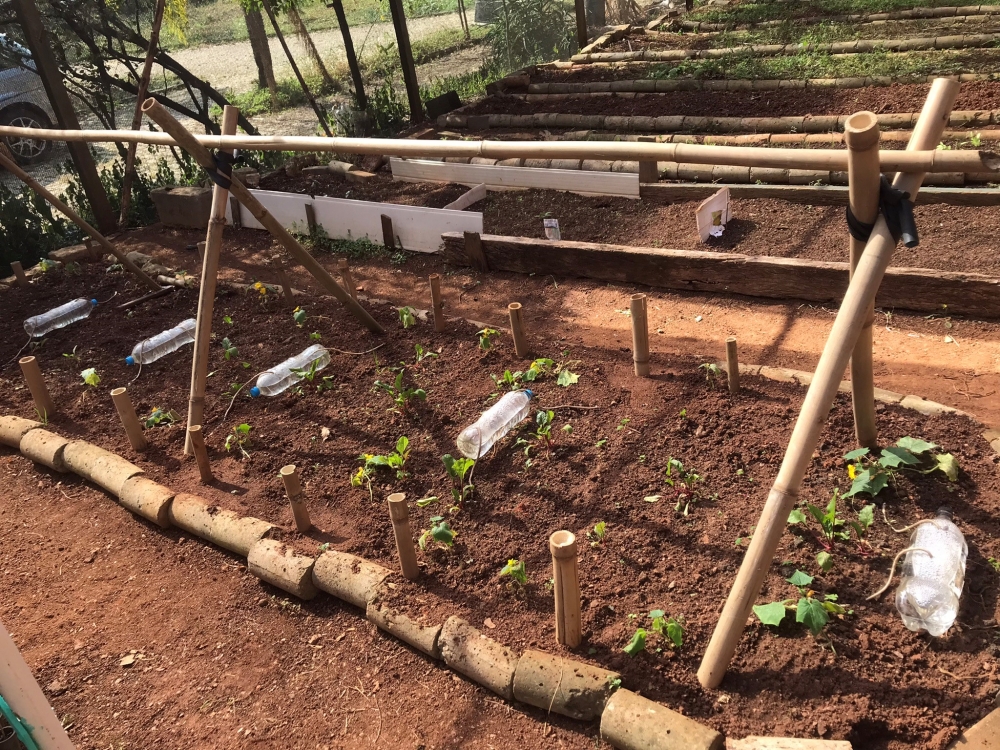
With the support of FAPESP, Santa Food Tech has developed a model to transform urban areas into laboratories of sustainability; the initiative is already implemented in four micro-regions of the state capital and in Guarulhos.
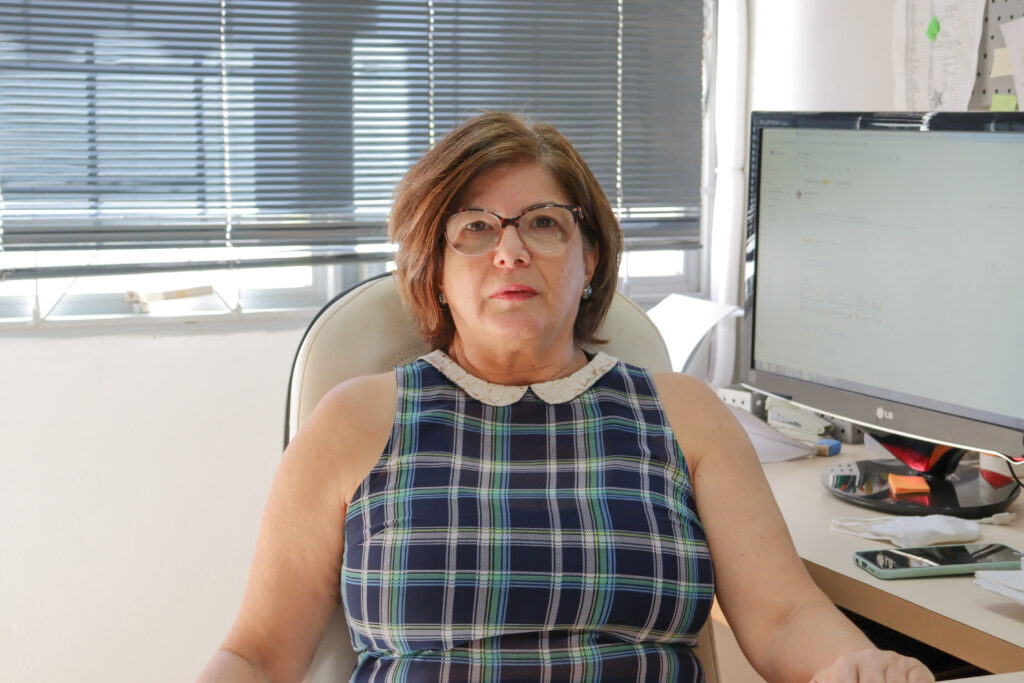
Nominated in the “Academic Leadership” category, Lucia Helena Mascaro, from the Federal University of São Carlos, is the director of the Center for the Development of Functional Materials, funded by FAPESP.

A systematic review of 14 scientific articles on studies conducted in seven countries detected a statistically significant improvement in mental health after treatment with mindfulness.

In Brazil, researchers analyzed data for 8,384 clinical appointments that took place in a two-year period at Hospital de Base in São José do Rio Preto (São Paulo state) and found the situation to be similar to those in publicly-funded psychiatric outpatient clinics elsewhere in the country. The results, reported in Frontiers in Psychiatry, list the most common mental health problems and most frequently prescribed drugs.
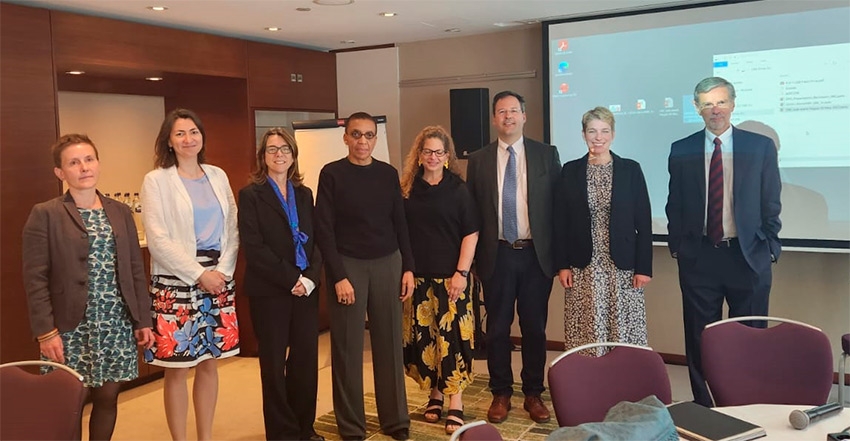
Initiatives developed by Elsevier, Royal Society of Chemistry, South Africa’s National Research Foundation and German Research Foundation were presented at event held in The Hague, Netherlands.
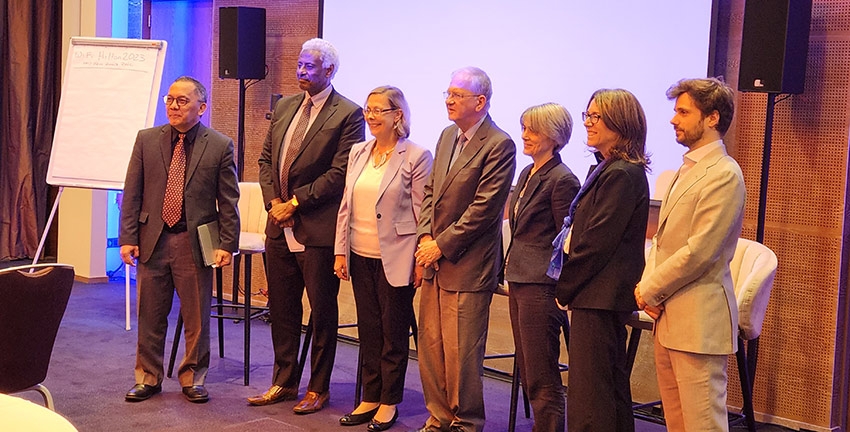
This assessment was made by participants of an event promoted on Tuesday by the Gender Working Group of the Global Research Council. One of the panelists was Marco Antonio Zago, president of FAPESP.
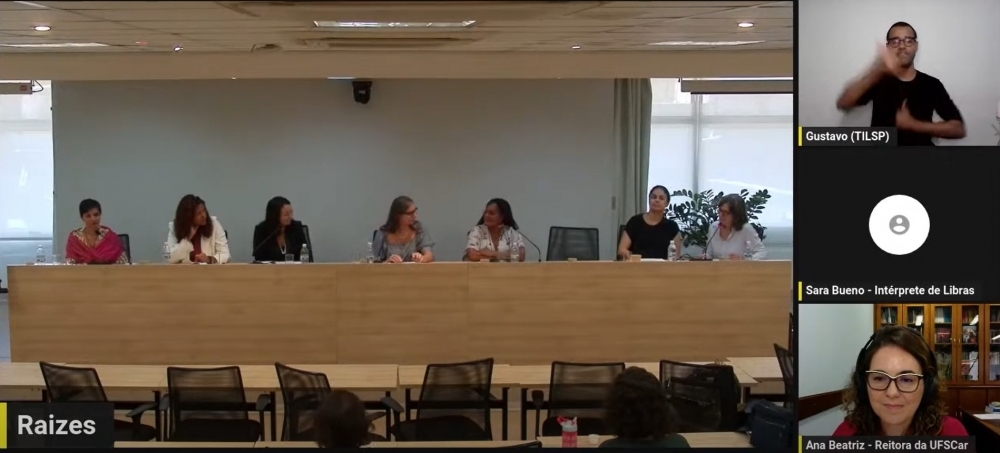
Rectors, vice-rectors, pro-rectors and heads of department at universities in São Paulo state established Rede Equidade as a force for formulating and promoting equity programs that take into account the links between gender and other differences and inequalities.

More than 1,000 volunteers completed an online questionnaire designed by Brazilian researchers. The results show that more women are cooking, sitting down to eat, snacking between meals, and ordering takeaway meals, while dieting and supermarket shopping have declined.

France Córdova gave an interview where she spoke of initiatives designed to stimulate women to rise to leadership positions in academia, and how science can help us dispel myths and understand the true nature of things.

Global Research Council’s annual summit turns its spotlight to women’s participation in research. Gender Working Group posts survey online to collect data from all five continents.